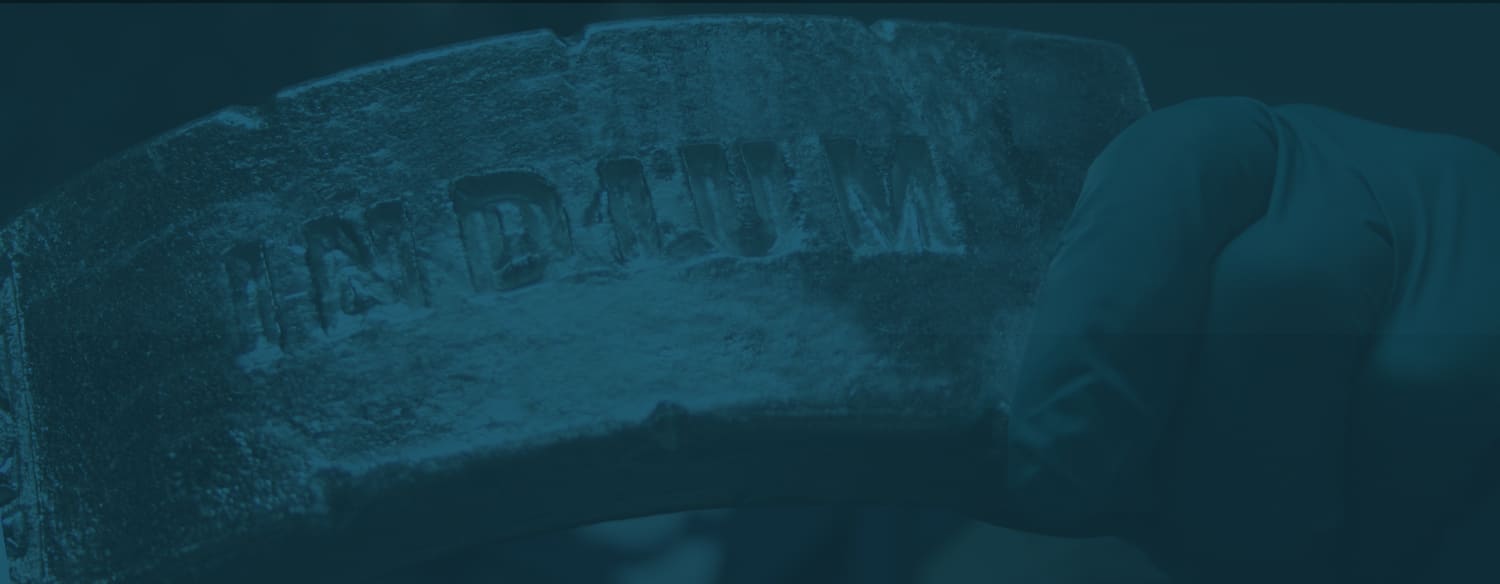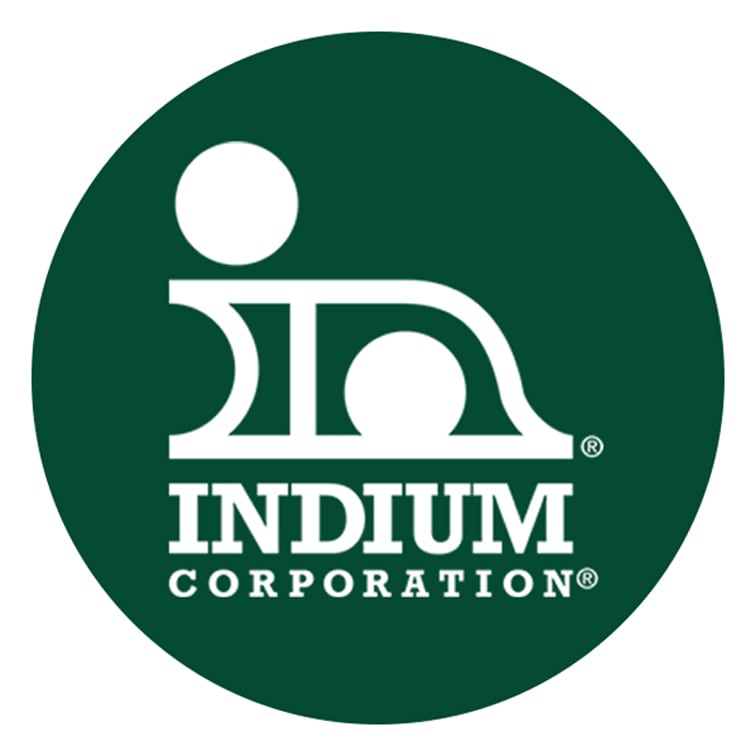Mike K, President of a Consulting Firm writes:
Ron,
Your response to "George" in SMT is vague, probably inaccurate, not too "educated", and not all too helpful. There are very good ways to get clarification on and individual basis and we help companies do that. The UK, for instance, has pretty clear guidance on what constitutes a "server", and what constitutes "network infrastructure". A "thumb drive" in a server in the UK that is truly a server, as described by the one-year old guidance doc, would certainly be able to take advantage of the paragraph 7 lead-in-solder exemption, at least in the UK. The EU does seem quite likely to adopt the UK's definitions...indeed we should find out shortly.
The best way for people to get these answers is to do the research themselves or better yet pay for it - companies pay us for objective, informed, technical opinions. They also pay lawyers for objective, informed, legal opinions. Why? We all know what free advice is worth. And when so much is at stake, up to and including the viability of the company, the investment is minimal.
Regards,
Mike K
Folks:
Mike's intro reminds me of a story Coach Lou Holtz tells ("tongue in cheek", I'm sure) about himself. When he was in high school, as the story goes, his guidance counselor commented to him that there were three kinds of people in life; those that make things happen, those who know what is happening, and those that don't know what is happening. His counselor went on to say that for Holtz an entirely new category was needed: those that don't even suspect things are happening. Hmmm, I wonder where Mike would put me?
Am I a WEEE/RoHS expert? At this point I don't think anyone is. A recent excellent article by one of the folks at the Goodbye Supply Chain Group shows the struggle everyone is having with the lack of clarity in the WEEE/RoHS directives. However, I think in any understanding of directives, the intent of WEEE/RoHS is important. That intent is to minimize EEE waste in garbage dumps, make it easier to recycle, and give exemptions only when there is no technical solution without a RoHS substance. Those seeking broad exemptions, with no technical justification, will likely end up non-compliant, I believe. To me the classic case of poor interpretation of the directives is my posting on June 16, 2005 Re volt-ohm meters. This interpretation was approved by a lawyer, I was told. In my opinion, it invites a competitor that is RoHS compliant to "turn in" this company to the EU for a competitive advantage.
My intent has been to establish a forum for the sharing of WEEE/RoHS information at this critical time. But as I always say, my opinions are just that (but I hope that they are a least a little "educated!") One thing that Mike and I agree on however, is the need for us to all do our homework.
Humbly
Dr. Ron
PS: I will try and find the server and network infrastructure definitons that Mike talks about, for a future posting.



